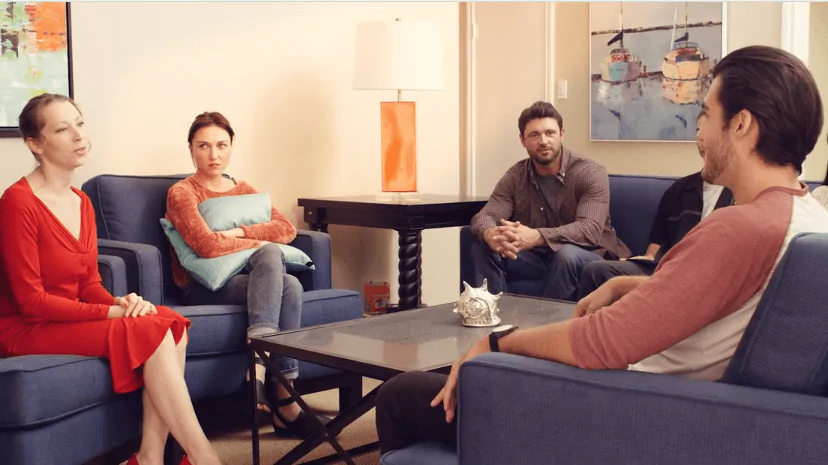24/7 Helpline:
(866) 899-221924/7 Helpline:
(866) 899-2219
Learn more about Klonopin Detox centers in Williamson
Klonopin Detox in Other Cities

Other Insurance Options

Optum

Access to Recovery (ATR) Voucher

Oxford

Lucent

CareFirst

UMR

PHCS Network

Evernorth

Group Health Incorporated

Health Partners

Ambetter

UnitedHealth Group

BlueShield

Molina Healthcare

Carleon

American Behavioral

Cigna

Excellus

Sutter

BHS | Behavioral Health Systems






Williamson Comprehensive Treatment Center
Williamson Comprehensive Treatment Center offers medication assisted treatment with methadone for me...






